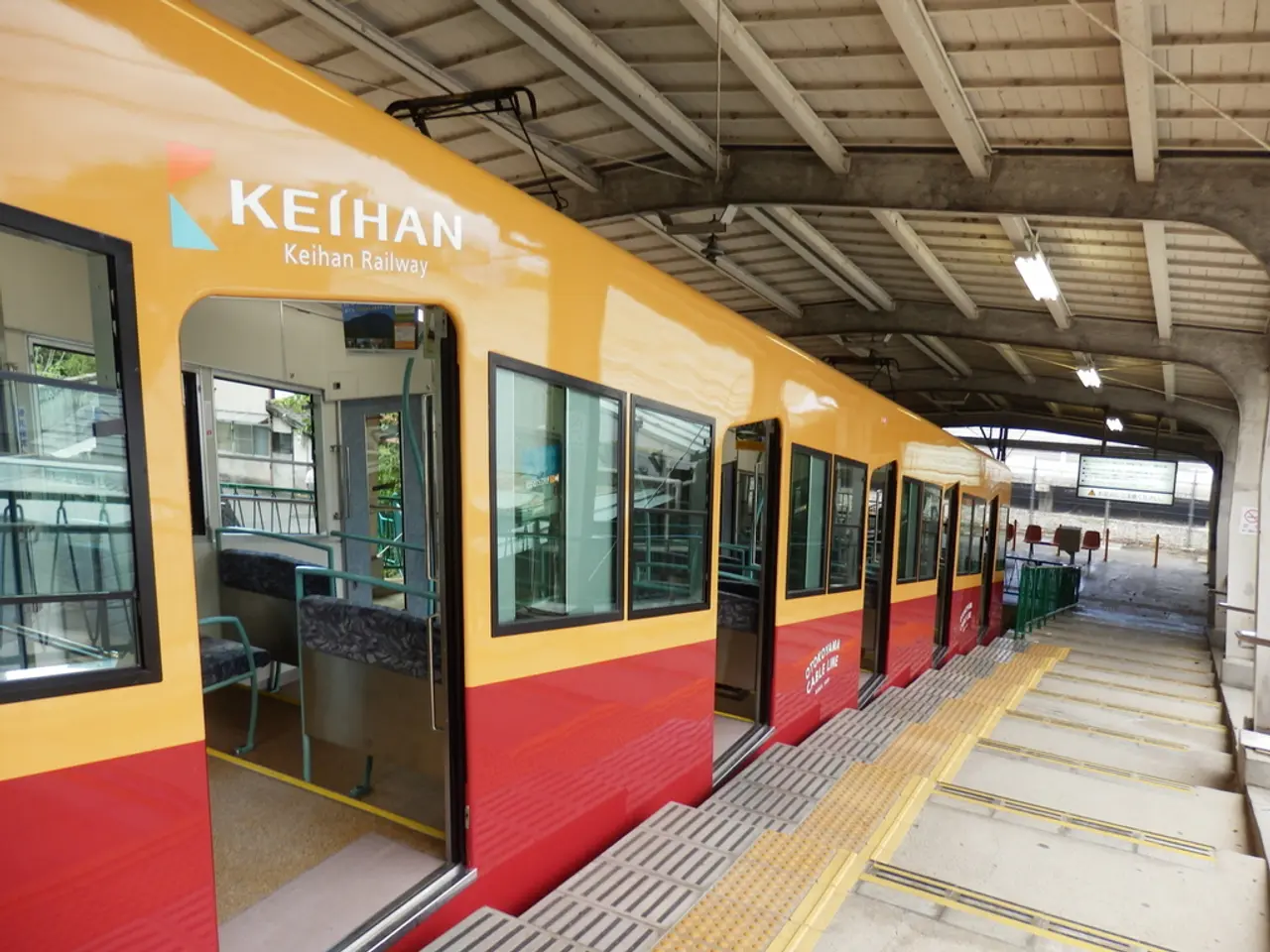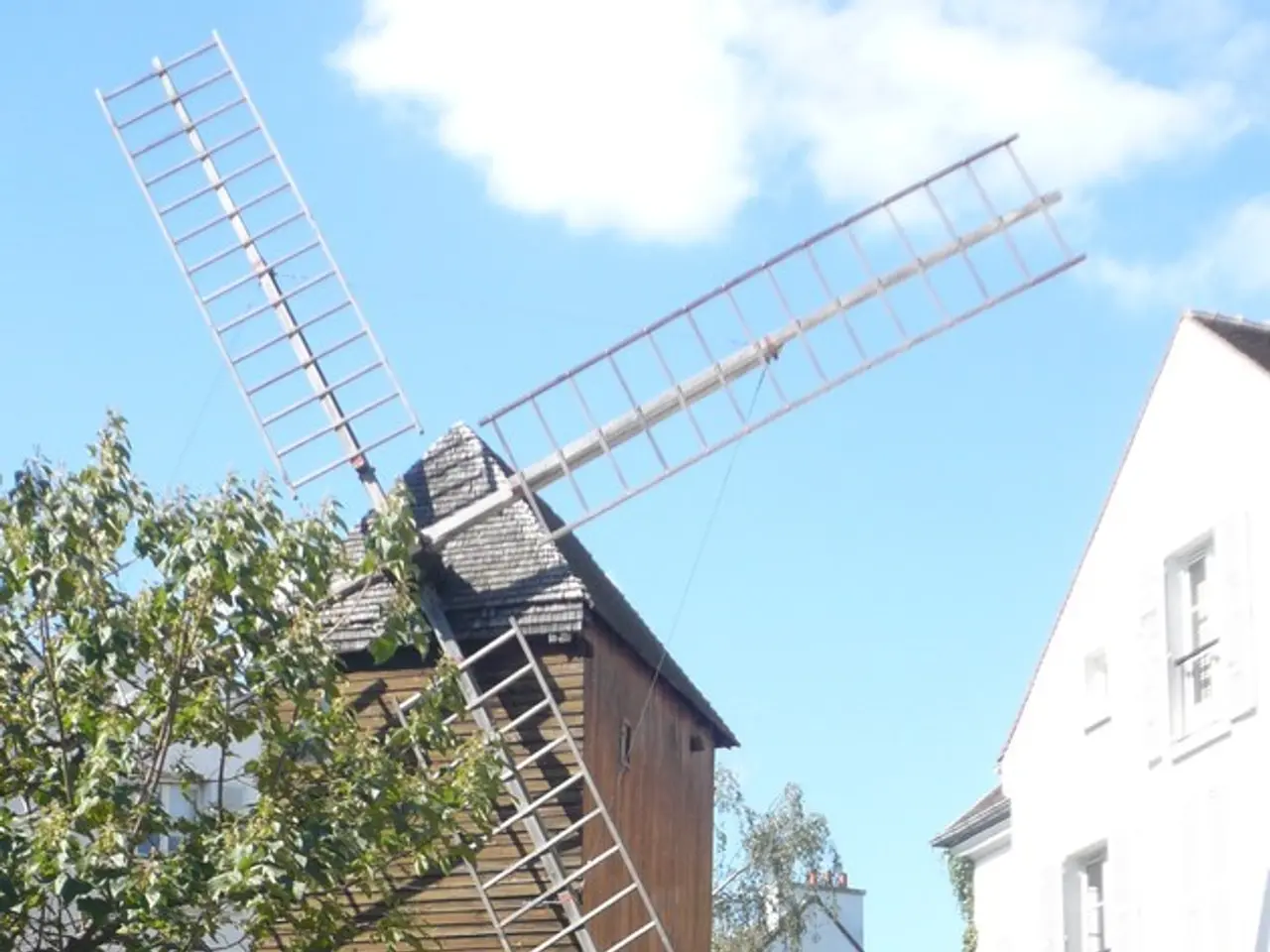Old-fashioned trains making a comeback in North Rhine-Westphalia: Exploring the idea's foundation
In North Rhine-Westphalia, a unique train service is making waves in the regional traffic scene. The Deutsche Triebwagen- und Tender-Gesellschaft (TRI) has introduced retro trains, aiming to enhance reliability and appeal to travellers with their vintage design.
These trains, reminiscent of earlier rail eras, boast a distinct charm. They feature vintage-style interiors, sliding windows instead of modern air conditioning, and other operational elements that create a unique travel atmosphere. This retro charm not only cultivates regional identity but also potentially increases customer satisfaction and passenger loyalty.
TRI, the company behind these trains, prioritizes passenger safety above all else. Simon Kruck, an employee at TRI for four and a half years, previously worked in long-distance traffic of the German Railway. He shares TRI's sentiment, stating, "Only one thing counts for TRI: ensuring that passengers arrive safely, even with trains that are older than many of their passengers."
Christine Warkotsch, another TRI employee, appreciates the simplicity of the old technology, finding it nostalgic. She notes that while modern trains can be paralysed by a single broken component, the retro trains' old technology allows for more flexible solutions. In her words, "If something goes wrong with a wagon, they can maneuver it out and continue driving."
However, the retro trains do have their disadvantages. For instance, they are not barrier-free, which may pose challenges for some passengers. Despite this, the Niers-Erft-Bahn (RB 37) operated by TRI has received above-average ratings in the categories of cleanliness, reliability, and passenger satisfaction in the VRR quality report.
Heinrich-Joachim Kocks expresses a shared sentiment of nostalgia for the old technology. He enjoys the distinctive noises that come with the old technology, a contrast to the quieter modern trains.
TRI understands their role as a supplement, not as a step backwards. They aim to offer a dependable service on routes like between Düsseldorf and Hamm, while also catering to travellers' desire for nostalgia. The simplicity and robustness of these retro trains support more reliable regional service, making them an appealing choice for many.
Christine Warkotsch, appreciation for the retro trains' simple, old technology extends beyond just aesthetic appeal, as she finds it relieving that a single broken component doesn't halt the entire system. Meanwhile, the finance sector sees potential in the increasing appeal of these vintage trains, as public-transit companies may find employment opportunities arising from the maintenance and operation of these unique, retro vehicles in the transportation industry.




